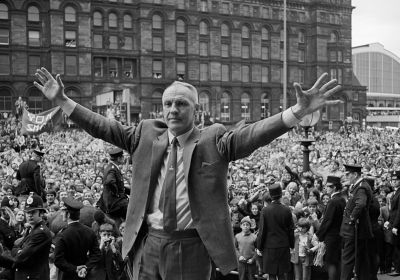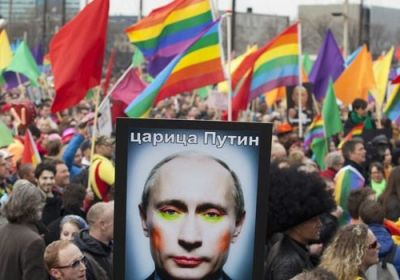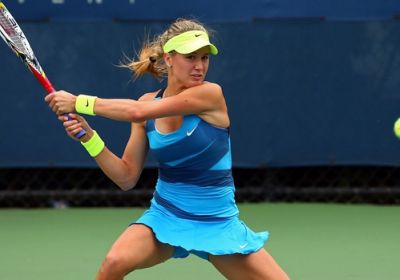
For a second, just imagine that one of the highest ranked male tennis players in the world is taking part in the obligatory post-game interview having just won a marathon five setter.

For a second, just imagine that one of the highest ranked male tennis players in the world is taking part in the obligatory post-game interview having just won a marathon five setter.

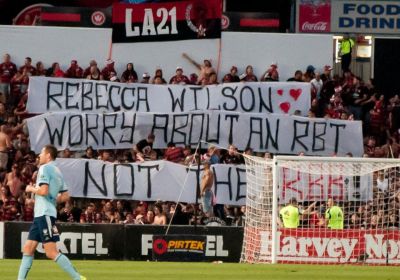

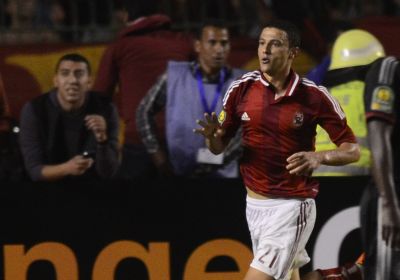
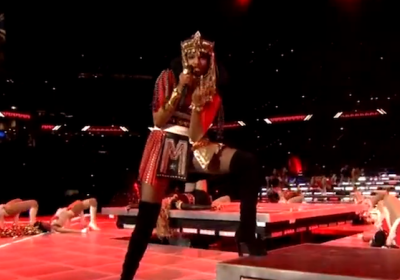
“It’s a massive display of powerful corporation dick-shaking,” British-born Tamil singer MIA said in response to being sued by the National Football League in the United States over her performance at last year's Superbowl performance. “They want me on my knees and say sorry so they can slap me on my wrist.”
